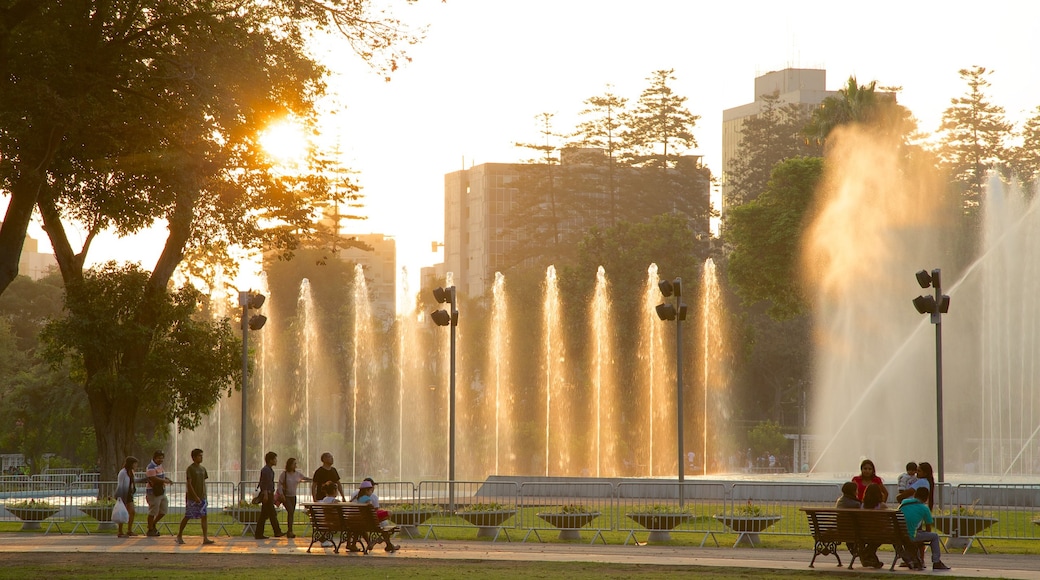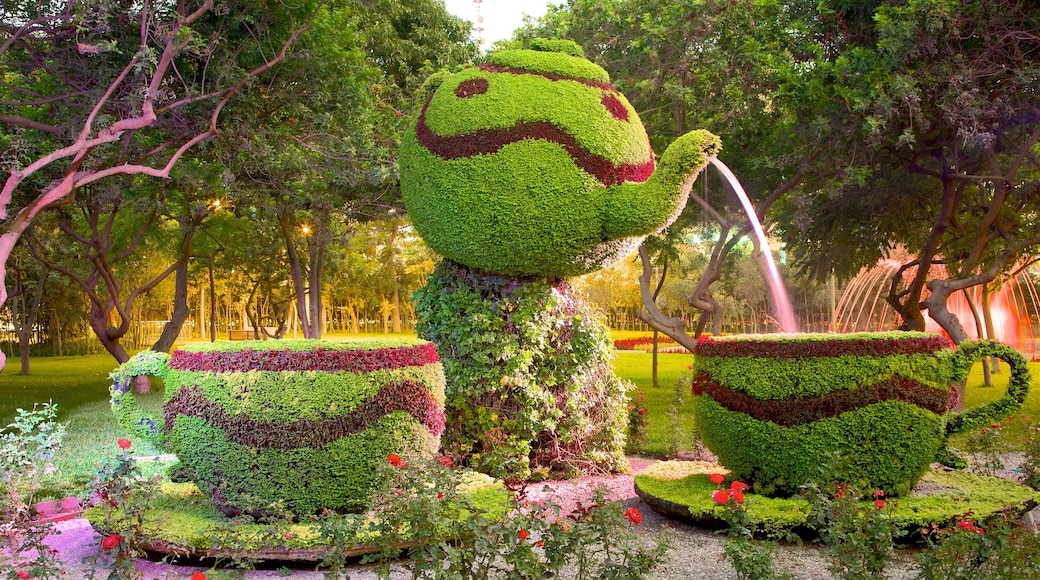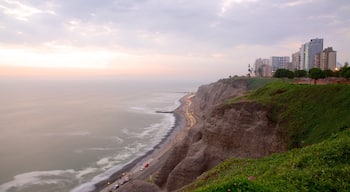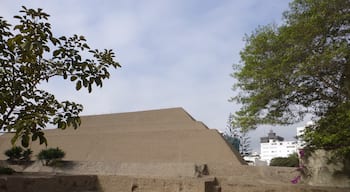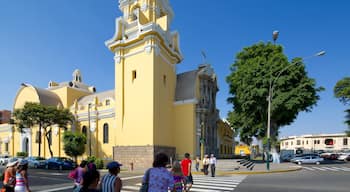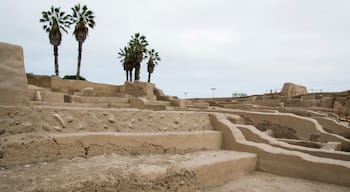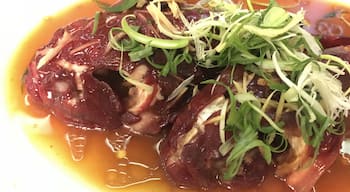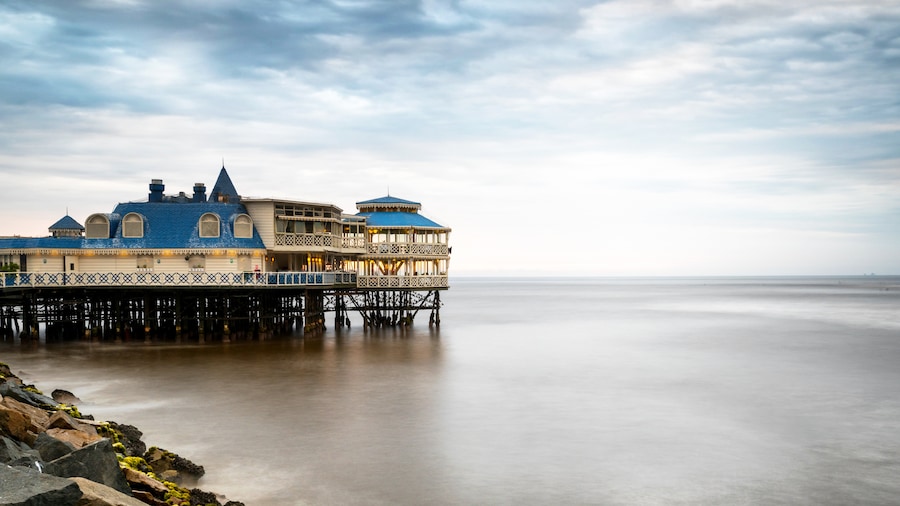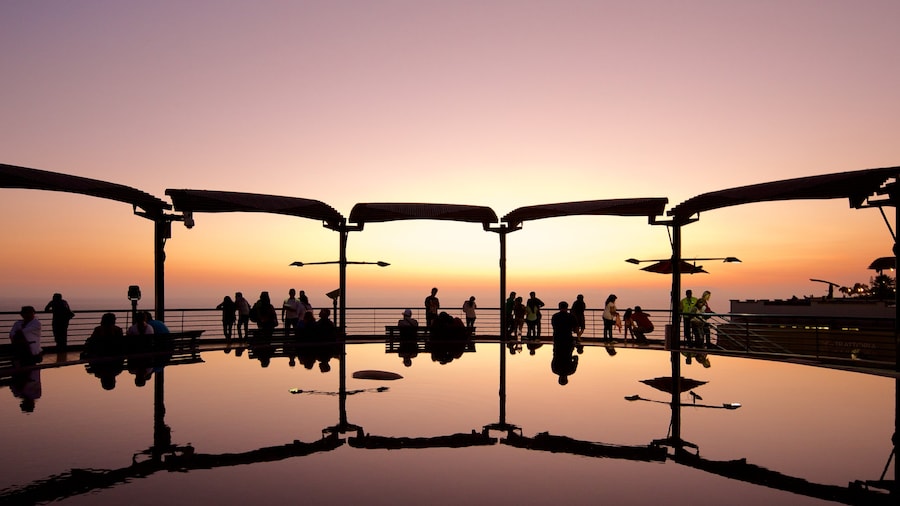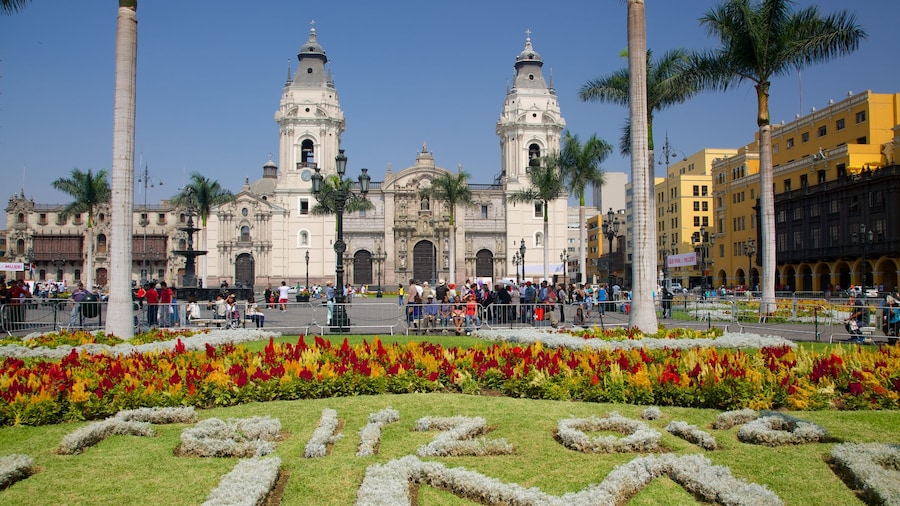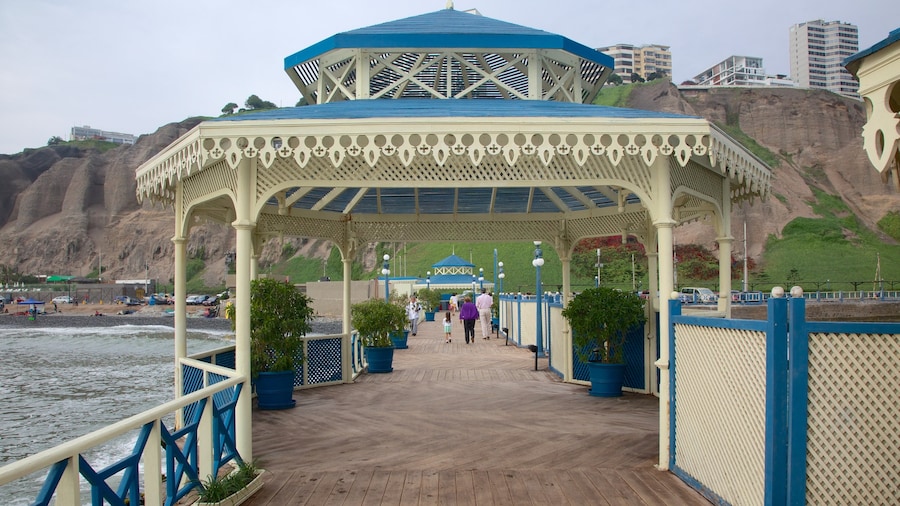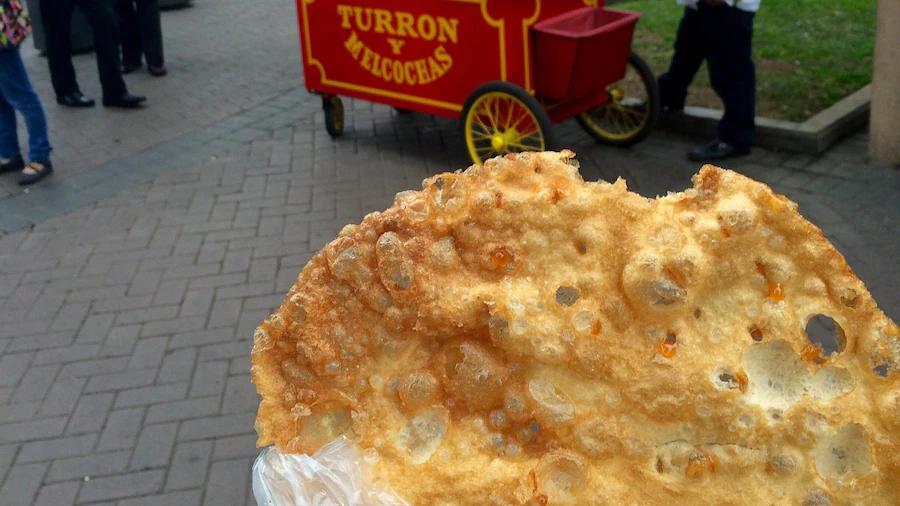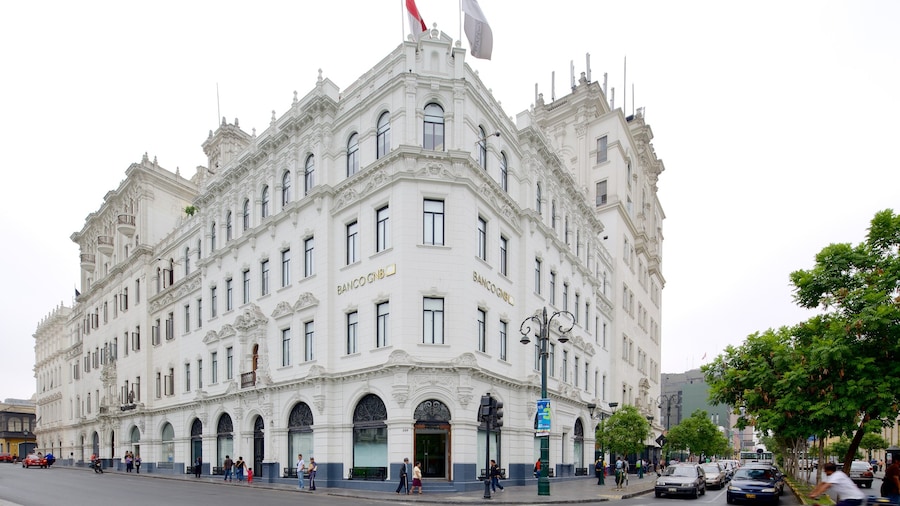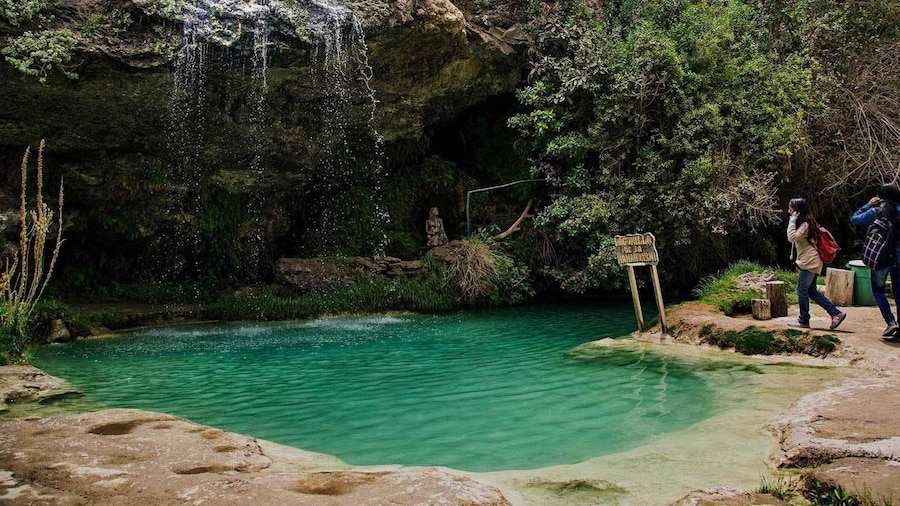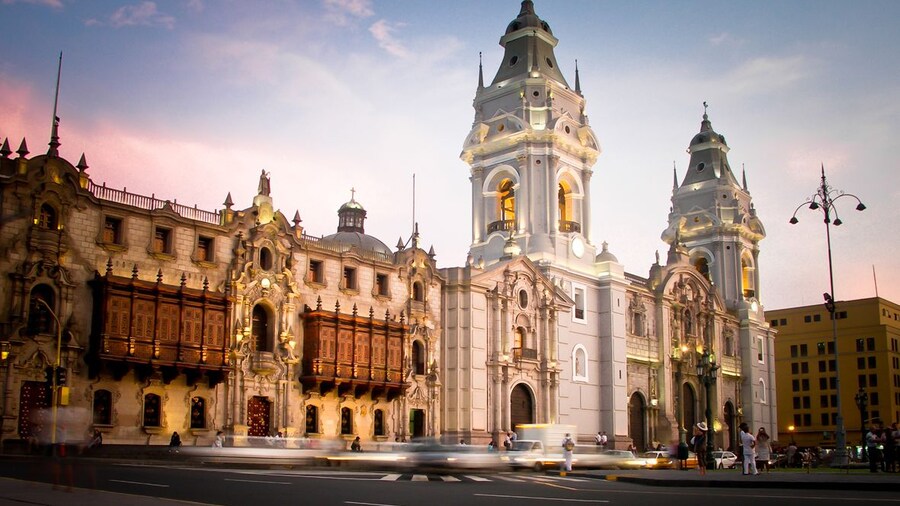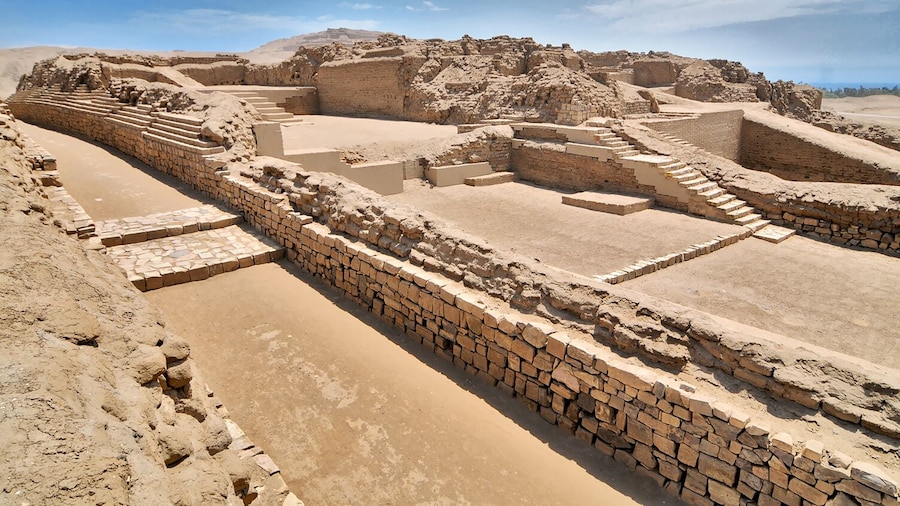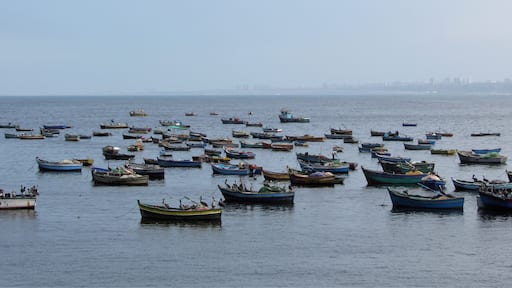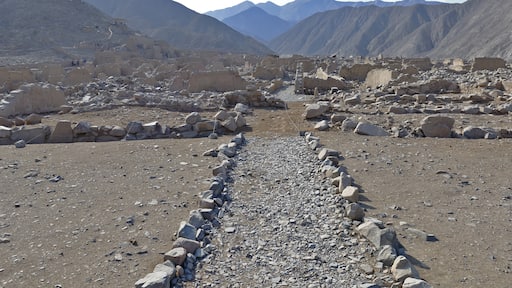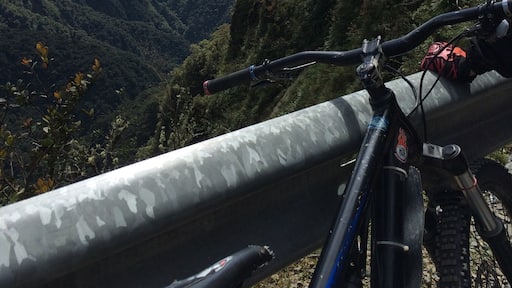Enjoy a culinary andcultural experience in bustling Lima, where the desert meets the coast, whereancient history mixes with 21st-century entertainment and where Peru’s poorhope to get rich.
The settlement along theRímac River was once inhabited by Incas and earlier civilizations. After theSpanish founded Lima in 1535, they ruled for over 300 years. Today, nearly athird of Peru’s 30 million residents live in the capital. From the slums on theCerros (hills) and the colorful colonial mansions, to the Catholic churcheswith Moorish roofs and Chinatown’s red gate, Lima’s urban sprawl isdiverse.
Explore Lima’s colonialpast in the central Plaza de Armas. A grand palace with marching guards, anornate cathedral and a 17th-century fountain define this historic square. Siton a bench and people-watch or browse nearby souvenir shops for brightlycolored souvenirs. Tour the Convento y Museo de San Francisco and its16th-century catacombs. Ride in a horse-drawn carriage or set out on foot andfollow the shopping avenues to the monument-rich Plaza San Martin.
Take a metered taxi to theMuseo Arqueológico Rafael Larco Herrera in the Pueblo Libre district to seepre-Columbian art, including Moche ceramics from over 2,200 years ago. Foroceanfront entertainment, head south to Lima’s fashionable neighborhoodsMiraflores and Barranco. Try Peru’s staple seafood dish ceviche or thealcoholic drink pisco sour.
In summer, ocean breezesprovide a welcome reprieve from Lima’s desert air and smog. Winter days aremild, but often overcast. Because most Peruvians are poor and Lima attracts thewealthy, crime is an issue. Use the lockers and taxi service of your hotel andstick to the tourist areas.
Lima’s Jorge ChavezInternational Airport has connections to major global destinations. With dailyplanes and buses leaving from Lima for the surfing beaches of the PacificOcean, the lush Amazon jungle and the snow-capped Andes mountains, thisfascinating city is just the start of your Peru adventure.
